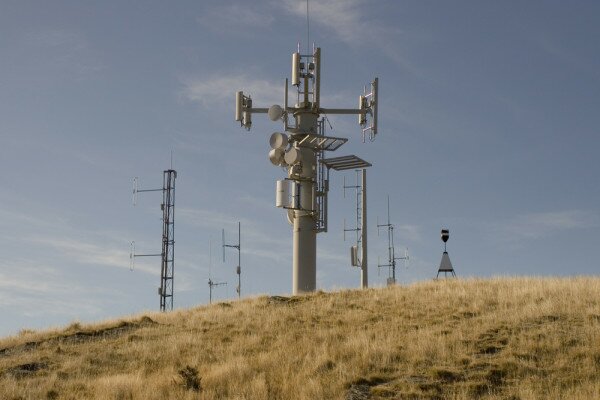
Mobile network operator MTN has switched on the first of 161 mobile towers to be built in South Sudan, as part of a US$76 million project aimed at bringing connectivity and related economic benefits to the new country.
South Sudan’s vice president Wani Igga turned on the first MTN base transmission station on Saturday in the previously unconnected village of Lobonok, with a further 160 new sites to go live this year before upgrades of an existing 147 towers commence.
The base station brings 3G internet capabilities to areas within a 25 kilometre radius, and relies on solar energy as an alternative to commonly used diesel engines.
Philip Besiimire, chief executive officer (CEO) of MTN South Sudan, said the company was working with ZTE to modernise its existing network to make MTN the biggest network in South Sudan by the end of the year.
“Right now we have another 93 towers like this, spread across South Sudan, that are ready to be switched on,” he said.
“Today, we are proud to lead the way in extending our services to the hinterland by launching our service in this community of Lobonok.
“MTN’s approach in all the countries we operate in has been to establish national networks and to ensure deep penetration of our services into the population as opposed to concentrating only in the urban areas and the towns.”
MTN has had to overcome significant challenges in launching the new towers, given the lack of general infrastructure across the country – with most service providers focusing on the capital city of Juba where the costs of installation and operating the network are lower and accessibility is better.
“You have seen that, for instance, for us to run the network, we must invest in electricity, and as such we are very supportive of government initiatives to invest in this infrastructure, like hydropower electricity, so that instead of spending money on generators, we can spend it on building even more networks in future,” Besiimire said.
Foreign exchange difficulties also hinder efforts to expand the network to rural areas.
“All this equipment has to be paid for in US dollars – and currently it is very difficult to get this,” Besiimire said.
The operator said delays were occasioned by the process of acquiring a mobile operating licence from South Sudan’s regulator, but this has now been received.
“It has taken us some time [to receive the licence],” South African deputy ambassador to South Sudan Stanley Makgohlo said.
“I am very happy because, through this, it would allow the MTN board in South Africa to release the necessary funds for investment.”
Image courtesy of Shutterstock.

















